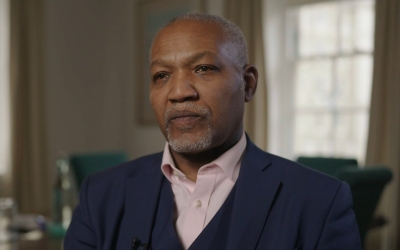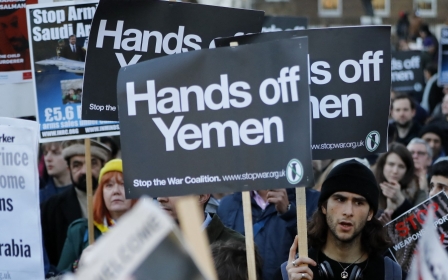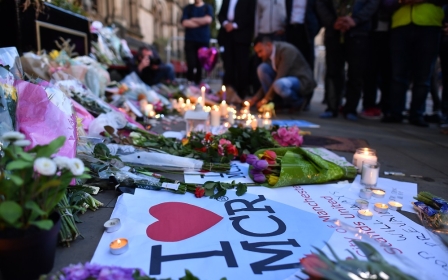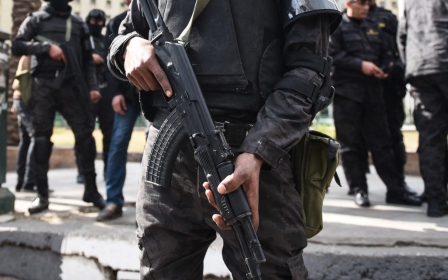BBC issues correction after saying Corbyn refused to apologise on antisemitism
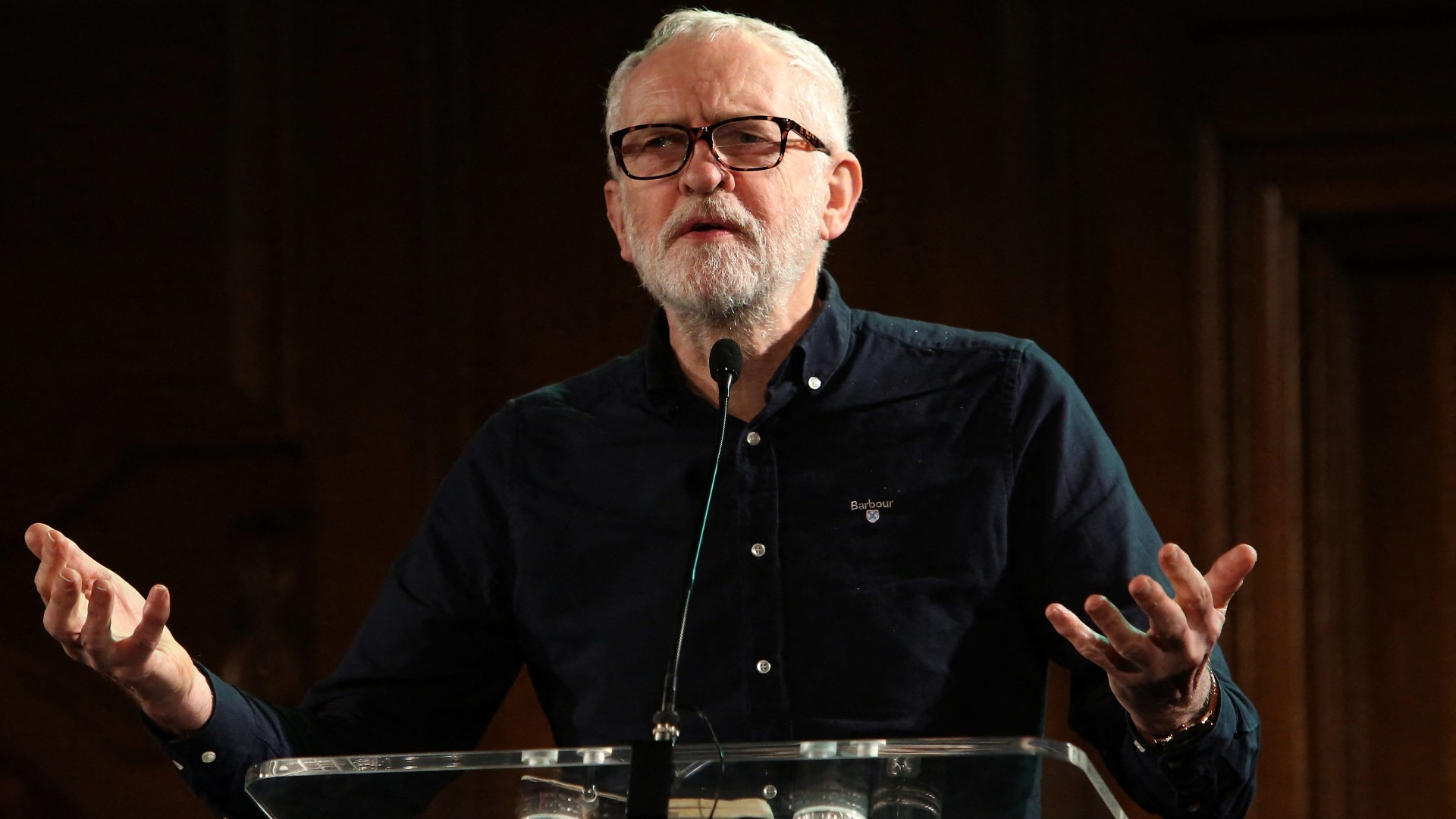
The BBC has published a correction after a news item last month falsely claimed that former UK Labour leader Jeremy Corbyn had not apologised over antisemitism in the party.
The clarification referred to an episode of the flagship current affairs programme Newsnight on 28 March, following the decision by Labour's executive committee to ban Corbyn from standing as a candidate in the next election.
The programme referenced Corbyn's alleged "refusal to offer up any kind of apology" over accusations of antisemitism in the party under his watch.
It also questioned whether the former leader would refuse to apologise "as he has all the way up to now", if the issue of antisemitism arose in an election campaign.
"To be clear, Mr Corbyn apologised for antisemitism in Labour on a number of occasions as Party Leader, including ahead of a meeting with Jewish community leaders in April 2018," the BBC said on Thursday, in an entry on its "Corrections and Clarifications" page.
New MEE newsletter: Jerusalem Dispatch
Sign up to get the latest insights and analysis on Israel-Palestine, alongside Turkey Unpacked and other MEE newsletters
An investigation by the Equality and Human Rights Commission (EHRC) into antisemitism in Labour in 2020 found unlawful harassment and discrimination.
"Labour suspended Mr Corbyn after he said he did not accept all the EHRC findings and said the scale of antisemitism had been 'dramatically overstated'," the BBC statement added.
Corbyn, who was leader of Labour between 2015 and 2020, has sat in parliament as an independent since being suspended by current party leader Sir Keir Starmer three years ago.
He was later readmitted to the party as a member, but blocked from representing it in parliament.
On 28 March, Labour's National Executive voted by 22 to 12 to prevent him from standing as a candidate in the next election, with no right of appeal.
The motion to suspend him stated that it was "not in the best interests" of the party to endorse him, and his ability to stand would "significantly diminish" its chances in the next election.
Corbyn called it a "shameful attack on party democracy" and said he had no intention to stop "fighting for a fairer society on behalf of the people of [his constituency] Islington North".
Earlier in March, MEE reported that the BBC had asked Martin Forde, the barrister charged with investigating factionalism and racism within Labour, to remove criticism of the corporation's coverage of allegations of antisemitism under Corbyn's leadership.
Forde said he rejected the request to amend paragraphs in which he described the use of internal Labour Party emails by Panorama, the BBC's flagship investigative programme, and other media organisations as "entirely misleading".
A July 2019 episode of Panorama entitled "Is Labour Anti-Semitic?" was fiercely critical of Corbyn. It claimed his office had intervened in the party's disciplinary procedures to the detriment of the fight against antisemitism.
Middle East Eye delivers independent and unrivalled coverage and analysis of the Middle East, North Africa and beyond. To learn more about republishing this content and the associated fees, please fill out this form. More about MEE can be found here.


